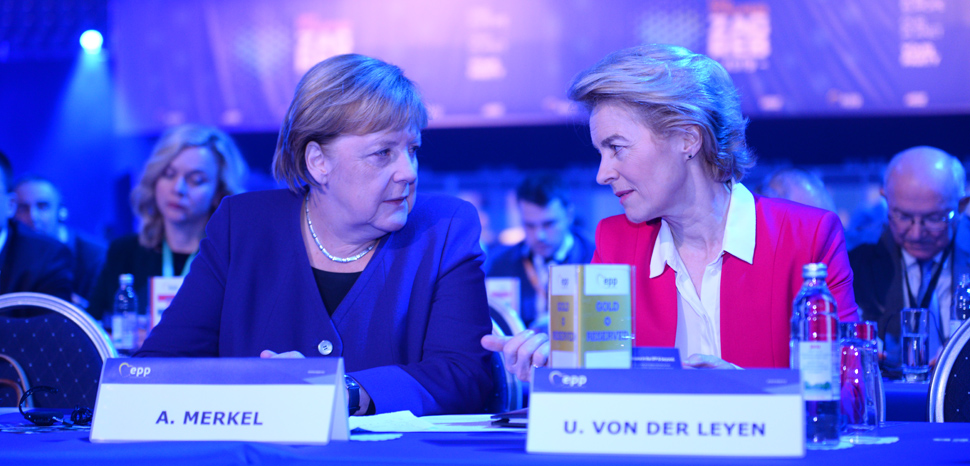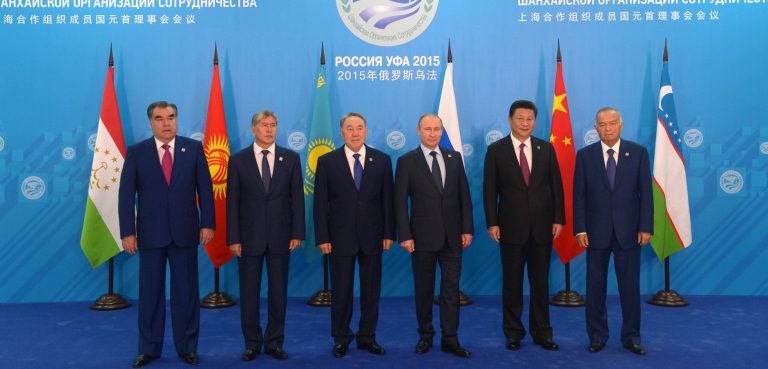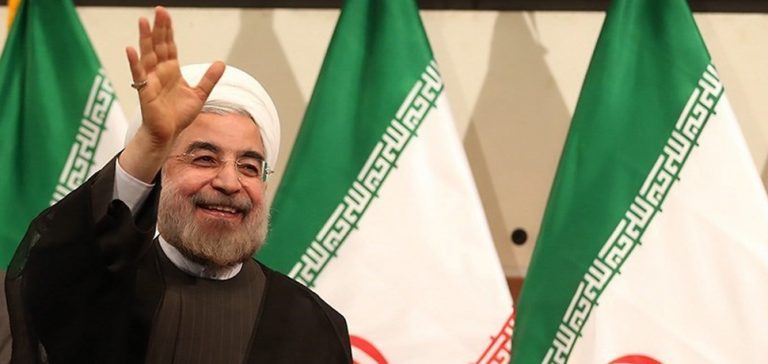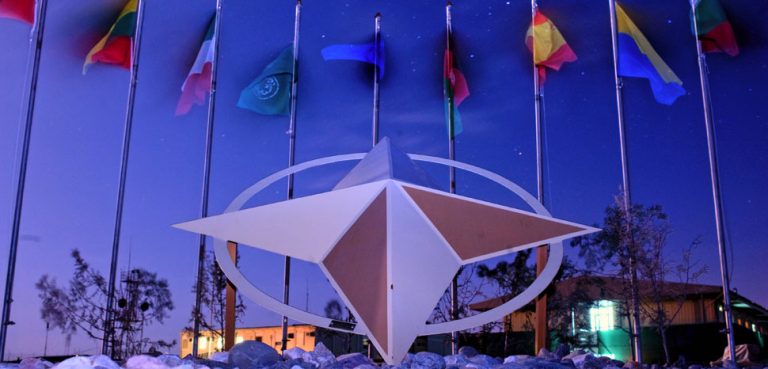COVID-19 may fundamentally change many things, but if the behavior of China and the United States is any indication, geopolitics won’t be one of them. It seems very distant now, but when President Ursula von der Leyen announced her idea of leading a “geopolitical European Commission,” it generated considerable controversy. Pundits filled pages upon pages with heated debates about the feasibility, desirability, utility, and potential goals of this new kind of executive branch for the European Union (EU). In a time of growing international uncertainty and eroding multilateral institutions, the notion of an EU able to protect itself is eminently sensible. However, despite intense discussion, how the EU will achieve this goal is no clearer than when it was first announced. If the Commission wishes to be taken seriously as a geopolitical actor, it will first have to develop the institutional mechanisms to translate the EU’s theoretical power into actual power.
A geopolitical force already?
In fact, one could be excused for getting the impression that the EU already is a geopolitical force. Article after article lays out the case for why the bloc must save the Iran nuclear deal from collapsing, stop the Libyan civil war from escalating, or take the lead on rebuilding Syria. From a geopolitical perspective, however, the Europeans are failing on all of these accounts: in the Libyan civil war, member states are quite literally supporting opposing sides and in Syria, the EU is barely an afterthought. However, most damning is the fact that— despite the creation of the so-called Instrument in Support of Trade Exchanges (INSTEX) to facilitate commercial transactions with Iran—most EU companies have abandoned all trade with the country out of fear of US sanctions.
Consequently, the von der Leyen Commission should not just ask itself what foreign policy priorities to pursue, but rather how to build the capacity to act in the first place.
As a rules-based entity whose decision-making processes are geared towards slow consensus-building and not warding off hostile foreign powers, the return of great power competition and the increasing weaponization of interdependence has left the Union at a disadvantage. Worse still, it lacks most of the tools needed to conduct a more assertive foreign policy, such as a military or an intelligence service. Instead, what it does have is one of the largest economic markets in the world. And yet, as the Iran fiasco has demonstrated, the Commission will still have to find a way to actually exploit this considerable resource.
INSTEX as a geopolitical tool?
It may seem counterintuitive, but one useful mechanism to help it do so should still be based on INSTEX— the very symbol of the EU’s geopolitical impotence. France, Germany, and the UK originally set up this special purpose vehicle after the Trump administration unilaterally abandoned the Iran nuclear deal. Since sending or receiving payments to trade with Iran would now violate US sanctions, INSTEX would instead match the euro receipts of companies selling goods to Iran with the euro payments of companies buying goods from Iran— essentially circumventing, rather than breaking, US sanctions. Yet from its very inception, the institution was plagued by political, legal and even staffing issues, not to mention constant US threats and diplomatic pressure. In fact, it was only recently that the first transaction, valued at less than a million euro, could be processed. Although INSTEX still represents Europe’s best protection from the threat of extraterritorial sanctions, it is clearly ineffective in its present form.
There are a number of possible reforms the Commission could enact. Currently, the vehicle has only nine European (seven EU) members. The first priority of the European Commission should therefore be to get most, ideally all, remaining EU member states to join in order to diffuse the risk of participation. Considering how enthusiastically Washington has turned sanctions against its allies, this should not be a particularly hard sell. Additionally, INSTEX remains strictly limited to humanitarian transactions. For it to be credible, the Commission must broaden its scope significantly. Arguably just as important is that INSTEX should be accompanied by the establishment of a burden-sharing mechanism that prevents individual member states from being singled out by outside powers. This could take the form of a common fund which would offer support for unfairly targeted members, along the lines of the already existing EU Solidarity Fund that provides assistance in case of natural disasters. Such a mechanism should naturally not be limited to extraterritorial sanctions but should cover the entire coercion toolbox employed by other states. Lastly, it is crucial that at least the use of such essentially defensive measures must be controlled by the Commission rather than be subject to the lengthy consensus-building process among the member states.
Are the Europeans their own worst enemy?
This brings us to the biggest obstacles to a more geopolitical Europe: not hostile foreign powers but the Europeans themselves. It has always been difficult to get all EU members to agree on a common foreign policy. Even modest proposals like the ones laid out above will involve difficult and lengthy negotiations. It is likely, however, that the rest of the world will not give the EU time to engage in a period of extended navel-gazing. Therefore, the Commission must be prepared to move ahead with a coalition of willing member states, if unanimity should prove unattainable.
This should not be read as a call for the European Commission to abandon its geopolitical plans. The problem is not the goal itself, but rather the way it has been pursued. Too many times ambition has gotten the better of Europe’s leaders, always resulting in a repetition of the same pattern of events: there are grand speeches and calls to action aplenty, but in the end, very little follow-through. If this time is to be different, the von der Leyen Commission must resist the temptation to simply jump to the end of the process. Instead, the foundation for a geopolitical union must be built from the ground up. Of course, these measures will not magically turn INSTEX into the EU equivalent of the powerful Office of Foreign Asset Control (OFAC) that enforces US sanctions, but an expanded INSTEX could serve as a foundation for something more ambitious. Only once this has been achieved should Brussels look toward going on the offensive. A geopolitical European Union must first learn to crawl, before it can walk— let alone run.
The views expressed in the article are those of the author alone and do not necessarily reflect the official position of the NATO Parliamentary Assembly or any of its members, nor does it reflect any official position of www.Geopoliticalmonitor.com.




